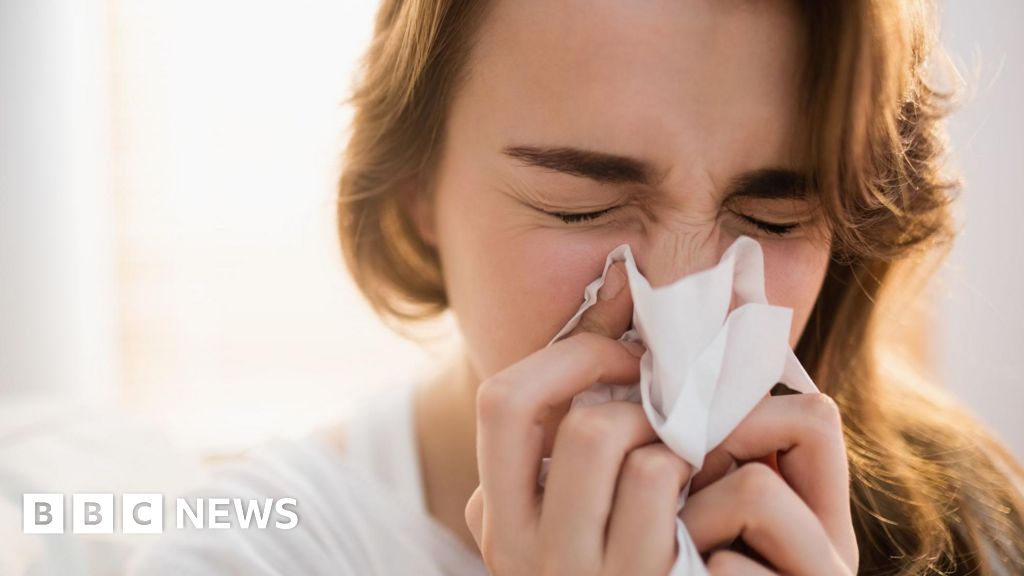STOCKHOLM: Researchers discovered that Covid epidemic shutdowns in South Asia significantly reduced the number of short-lived cooling particles in the air while having no effect on the concentration of long-lived greenhouse gases. Researchers were thus able to demonstrate how lower air pollution emissions lead to cleaner air and faster global warming.
The study was published in the journal, ‘Climate and Atmospheric Science’.
It is well known that emissions of sulphur and nitrogen oxides, as well as other air pollutants, cause the formation of aerosols (particles) in the air, which can offset or mask the full climate warming caused by greenhouse gases such as carbon dioxide and methane. However, this masking effect’ has received little attention. Large-scale experiments involving vast areas would be required to determine the size, which is impractical.
The Covid pandemic became such a ‘natural’ experiment. Due to pandemic restrictions, many industries and modes of transport worldwide slowed in the spring of 2020. This created a once-in-a-lifetime opportunity to investigate what happens to the climate when petrol and aerosol emissions are rapidly reduced.
Measuring station in the northernmost Maldives
At Hanimaadhoo, a measuring station in the northernmost Maldives off the coast of India, researchers have been measuring the atmospheric composition and radiation for soon two decades. (Measurements reveal the impact of air pollution on climate and health in southern Asia) The measuring station is strategically placed to capture air masses from the Asian subcontinent and is located in an area with few regional emission sources. When emissions suddenly decreased during the pandemic in South Asia (mainly Pakistan, India and Bangladesh), an opportunity was created to see what impact this had on the climate.
Short-lived air particles decreased but not greenhouse gases
A new article in the scientific journal NPJ Climate and Atmospheric Science shows that the concentrations of polluting short-lived air particles decreased significantly, while the attention of longer-lived greenhouse gases was barely affected in the air mass over South Asia. The cooling effect of the aerosols comes from the fact that they reflect incoming solar radiation back into space. With a lower aerosol content, there is less cooling and thus less ‘masking’ of the warming effect of the significantly longer-lived climate gases. Measurements taken at the same time over the northern Indian Ocean revealed a seven per cent increase in solar radiation reaching the Earth’s surface, thus increasing temperatures.
“Through this large-scale geophysical experiment, we were able to demonstrate that while the sky became bluer and the air cleaner, climate warming increased when these cooling air particles were removed,” said Professor Orjan Gustafsson at Stockholm University, who is responsible for the measurements in the Maldives and who led the study.
The results show that a complete phasing out of fossil fuel combustion in favor of renewable energy sources with zero emissions could result in rapid ‘unmasking’ of aerosols, while greenhouse gases linger.
“During a couple of decades, emission reductions risk leading to net climate warming due to the ‘masking’ effect of air particles, before the temperature reduction from reduced greenhouse gas emissions takes over. But despite an initial climate warming effect, we obviously still urgently need a powerful emission reduction,” said Orjan Gustafsson.
The study was published in the journal, ‘Climate and Atmospheric Science’.
It is well known that emissions of sulphur and nitrogen oxides, as well as other air pollutants, cause the formation of aerosols (particles) in the air, which can offset or mask the full climate warming caused by greenhouse gases such as carbon dioxide and methane. However, this masking effect’ has received little attention. Large-scale experiments involving vast areas would be required to determine the size, which is impractical.
The Covid pandemic became such a ‘natural’ experiment. Due to pandemic restrictions, many industries and modes of transport worldwide slowed in the spring of 2020. This created a once-in-a-lifetime opportunity to investigate what happens to the climate when petrol and aerosol emissions are rapidly reduced.
Measuring station in the northernmost Maldives
At Hanimaadhoo, a measuring station in the northernmost Maldives off the coast of India, researchers have been measuring the atmospheric composition and radiation for soon two decades. (Measurements reveal the impact of air pollution on climate and health in southern Asia) The measuring station is strategically placed to capture air masses from the Asian subcontinent and is located in an area with few regional emission sources. When emissions suddenly decreased during the pandemic in South Asia (mainly Pakistan, India and Bangladesh), an opportunity was created to see what impact this had on the climate.
Short-lived air particles decreased but not greenhouse gases
A new article in the scientific journal NPJ Climate and Atmospheric Science shows that the concentrations of polluting short-lived air particles decreased significantly, while the attention of longer-lived greenhouse gases was barely affected in the air mass over South Asia. The cooling effect of the aerosols comes from the fact that they reflect incoming solar radiation back into space. With a lower aerosol content, there is less cooling and thus less ‘masking’ of the warming effect of the significantly longer-lived climate gases. Measurements taken at the same time over the northern Indian Ocean revealed a seven per cent increase in solar radiation reaching the Earth’s surface, thus increasing temperatures.
“Through this large-scale geophysical experiment, we were able to demonstrate that while the sky became bluer and the air cleaner, climate warming increased when these cooling air particles were removed,” said Professor Orjan Gustafsson at Stockholm University, who is responsible for the measurements in the Maldives and who led the study.
The results show that a complete phasing out of fossil fuel combustion in favor of renewable energy sources with zero emissions could result in rapid ‘unmasking’ of aerosols, while greenhouse gases linger.
“During a couple of decades, emission reductions risk leading to net climate warming due to the ‘masking’ effect of air particles, before the temperature reduction from reduced greenhouse gas emissions takes over. But despite an initial climate warming effect, we obviously still urgently need a powerful emission reduction,” said Orjan Gustafsson.














































